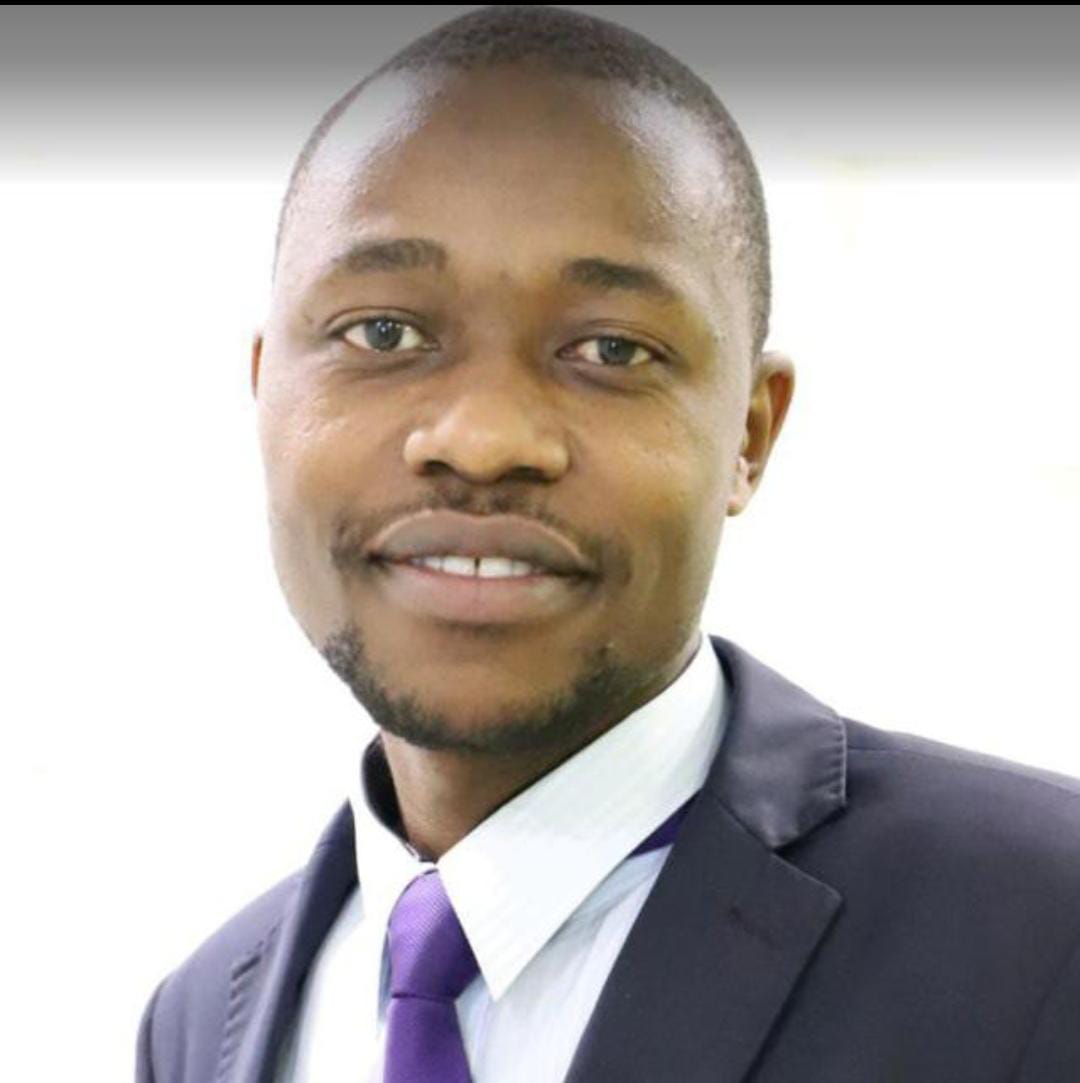CONTRIBUTORS

Erick Muge
Communication Officer
It was heartbreaking to hear stories about teenage girls’ experiences as shared by researchers during the Addressing Neglected Areas of Sexual and Reproductive Health and Rights in Sub-Saharan Africa (ANeSA) Initiative inception workshop in April 2025. In Burkina Faso, a researcher recounted the experience of Amina, a 16-year-old girl displaced by conflict who now lives in fear after surviving sexual violence, with no access to medical care or justice. Another researcher in Senegal described how young girls are trafficked into exploitation, their voices drowned by poverty and desperation.
These are not isolated tragedies. They are the harsh realities for millions of girls and women in sub-Saharan Africa, where sexual and reproductive health and rights remain a distant promise for far too many.
ANeSA is a seven-year initiative supporting 16 implementation research teams (IRTs) from Burkina Faso, Ghana, Kenya, Nigeria, Senegal, and Uganda, to restore dignity, health, and agency to women and girls in the most neglected areas. This is not just research; it is a lifeline.
The War That Never Ends
In the settlements of Lira and Yumbe, statistics have become unbearable truths—39.8% of abortions are unsafe, 26.7% of pregnancies are among teenagers, and barely 20% of the girls are accessing family planning. Through ANeSA’s implementation teams, the silence is breaking. Projects such as the Caregiver Adolescent Sexual and Reproductive Health Communication among Refugee and Host Communities in Southwestern and Northern Uganda (CONNECT) and Enhancing Integration of Adolescent Family Planning and Post-Abortion Care in Northern Uganda: A Citizen Science, Gender-Transformative Approach are bridging these chasms by training health workers, engaging parents in open Sexual and Reproductive Health and Rights (SRHR) conversations, and offering services where shame once stood guard. In camps like Nakivale and Bidi Bidi, refugees now openly discuss topics once considered taboo. Mothers weep as they share how their daughters, once too fearful to seek care, now walk into clinics with dignity.
“I never thought my child could ask me about her body,” one mother confessed. “But now, we talk, we laugh, we understand.” (Narrative recorded by researchers from Uganda.) Under the shade of trees, communities gather to discuss sex, rights, and dignity. What was once shrouded in shame is slowly becoming a sacred thing.
Healing Begins With Listening
One of the greatest truths emerging from the ANeSA Initiative is that healing begins when we listen. In Ghana, researchers are working with nine-year-olds, using games and storybooks to teach them about their bodies, rights, and dreams. These are conversations, not lectures. They are about reclaiming stolen futures. “Some call us ‘westernized’ for teaching sex education. But how else do we stop teen pregnancies?” a researcher from Ghana explains.
In Burkina Faso, where over 2 million people are internally displaced, girls flee with nothing but a name and a nightmare. Many have seen their homes burned and their bodies violated. Yet now, under the ANeSA project, girls are gathering in safe spaces, drawing pictures of hope, and finally hearing three words that change everything: “You are worthy.”
The Mothers Who Refused to Give Up
In Senegal, sex trafficking thrives in the shadow of the gold mines of Kedougou. Girls disappear before they’ve even learned to write. But through ANeSA-supported survivor-led interventions, women are stepping forward to share what was once unspeakable. The research projects under the Initiative aim to give hope to the girls—mobile clinics that reach the unreachable, safe spaces that silence shame, and curriculum reforms that educate without judgment.
One mother, who lost her daughter to trafficking, now trains local police officers and health workers. With tears in her eyes and fire in her voice, she says, “My child’s pain will not be in vain.” Every testimony is a candle lit in the darkness. Each project, though distinct, is threaded together by a common belief; that evidence must be built on solutions shaped by the very hands that need them.
Demonstrating the Humanity in Science
What makes ANeSA unique is the humanity behind it. It’s how researchers sit in classrooms, churches, and compounds, not just collecting data, but balancing scientific rigor with human tenderness. APHRC’s policy and knowledge translation specialists emphasize that it typically takes 17 years for most research to be translated into policy. But it takes just one story to move a nation. Research needs to move “from paper to people.” Without knowledge translation, research is just ink on a page. But when that ink becomes a voice, when it tells Amina’s story or a refugee mother’s fears, change begins to happen. People want and care about solutions.